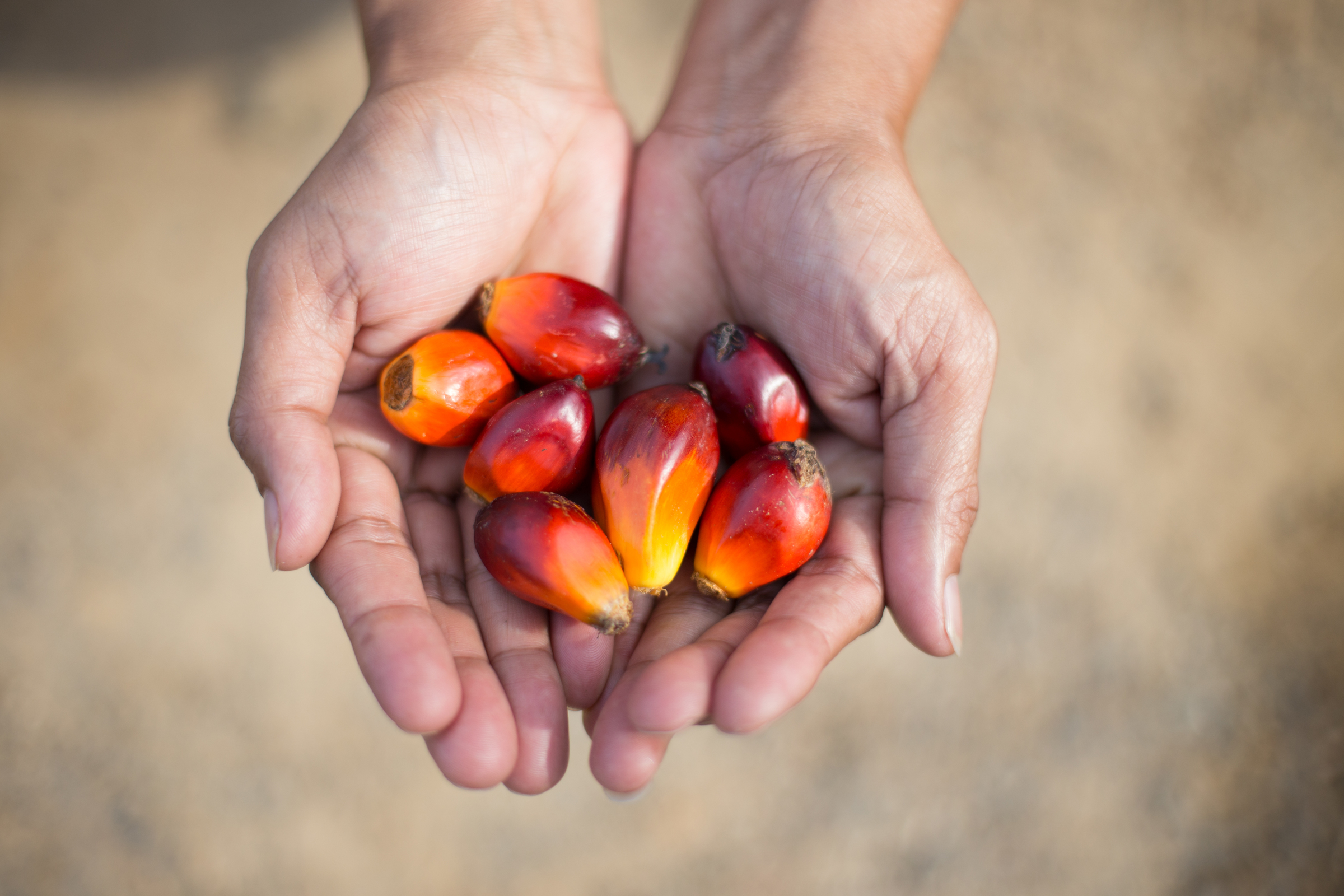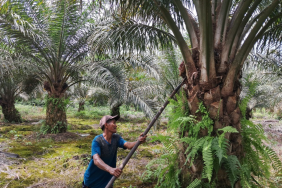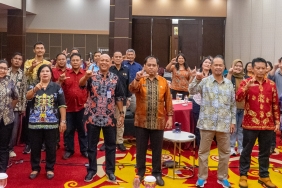WWF-INDONESIA'S RESPONSE TO THE DRAFT OF ORGANIZING ISPO CERTIFICATION IN 2020
WWF-Indonesia expresses support and appreciation for the Government of Indonesia's desire to strengthen the Indonesia Sustainable Palm Oil (ISPO) standards and procedures, as part of efforts to improve the governance of oil palm plantations and trade. WWF-Indonesia also appreciates the Government of Indonesia's efforts to openly solicit input from parties to improve the ISPO certification system. For the record, WWF-Indonesia is one of the non-governmental organizations invited and has also provided input both verbally and in writing on the draft Implementation of ISPO Certification which was presented at the public consultation event on May 18, 2020 through a media zoom meeting.
The experience of various parties at the site level over the years in fulfilling good palm oil management standards is an important input for improving the implementation of the new ISPO Certification. The work of smallholder assistance and good plantation practices, such as smallholder land mapping, implementation of Good Agriculture Practice (GAP), identification of High Conservation Value (HCV), development of human-wildlife conflict mitigation mechanisms, support for plantation policy development in the landscape or district/province are valuable experiences at the site level in making decisions and building social accountability in responding to the implementation of ISPO certification.
A summary of the key messages conveyed by WWF-Indonesia related to the new ISPO Certification implementation arrangements is as follows:
- The determination of standard implementation (conformity assessment) should focus on assessments based on performance achievements at the site level, not only focus on aspects of fulfilling documentation. With this, the performance achievements of companies and planters will have a real impact on improving the environment, social communities, workers' welfare and large profits for plantation businesses;
- Encourage plantation business actors to comply with all obligations related to the legality of licensing and plantation management activities, both environmental/conservation aspects and social and labor aspects;
- Strengthen the implementation of the palm oil moratorium policy (Presidential Instruction No. 8 of 2018), as well as the implementation of the National Action Plan for Sustainable Palm Oil (NAP-SPO) in Presidential Instruction No. 6 of 2019 in the 2020 ISPO Certification, by including the requirement for proof of freedom from operating in forest areas and new peatlands for plantation business actors;
- Appreciate the inclusion of the protection of High Conservation Value Areas (HCV Areas) in the draft Implementation of ISPO 2020 Certification. For this reason, it needs to be encouraged so that the protection of KBKT uses guidelines that are credible, recognized and supported by all stakeholders;
- Promote the protection of KBKT rights.
- Promote the protection of workers' rights in accordance with applicable laws and regulations, including the requirement for proof of freedom from child labor practices, as well as improving the welfare of oil palm plantation workers implemented at all levels of work and levels of workers (employees and contractors);
- In order to create harmonious cooperation, encourage the implementation of Free, Prior and Informed Consent (FPIC) in the community by oil palm plantation companies to be able to absorb the aspirations and desires of local communities and indigenous communities in the management of oil palm plantations in the areas where they have been living and making a living so far;
WF-Indonesia's more detailed response can be downloaded at the following link:
- Resume Input Draft ISPO 2020 Principles and Criteria for Smallholders - WWF-Indonesia
- Resume of ISPO 2020 Draft Principles and Criteria Input for Companies - WWF-Indonesia
It is our hope that this input can be useful and enrich the development of ISPO that truly guarantees the goal of implementing responsible and sustainable management of oil palm plantations. Thank you.





